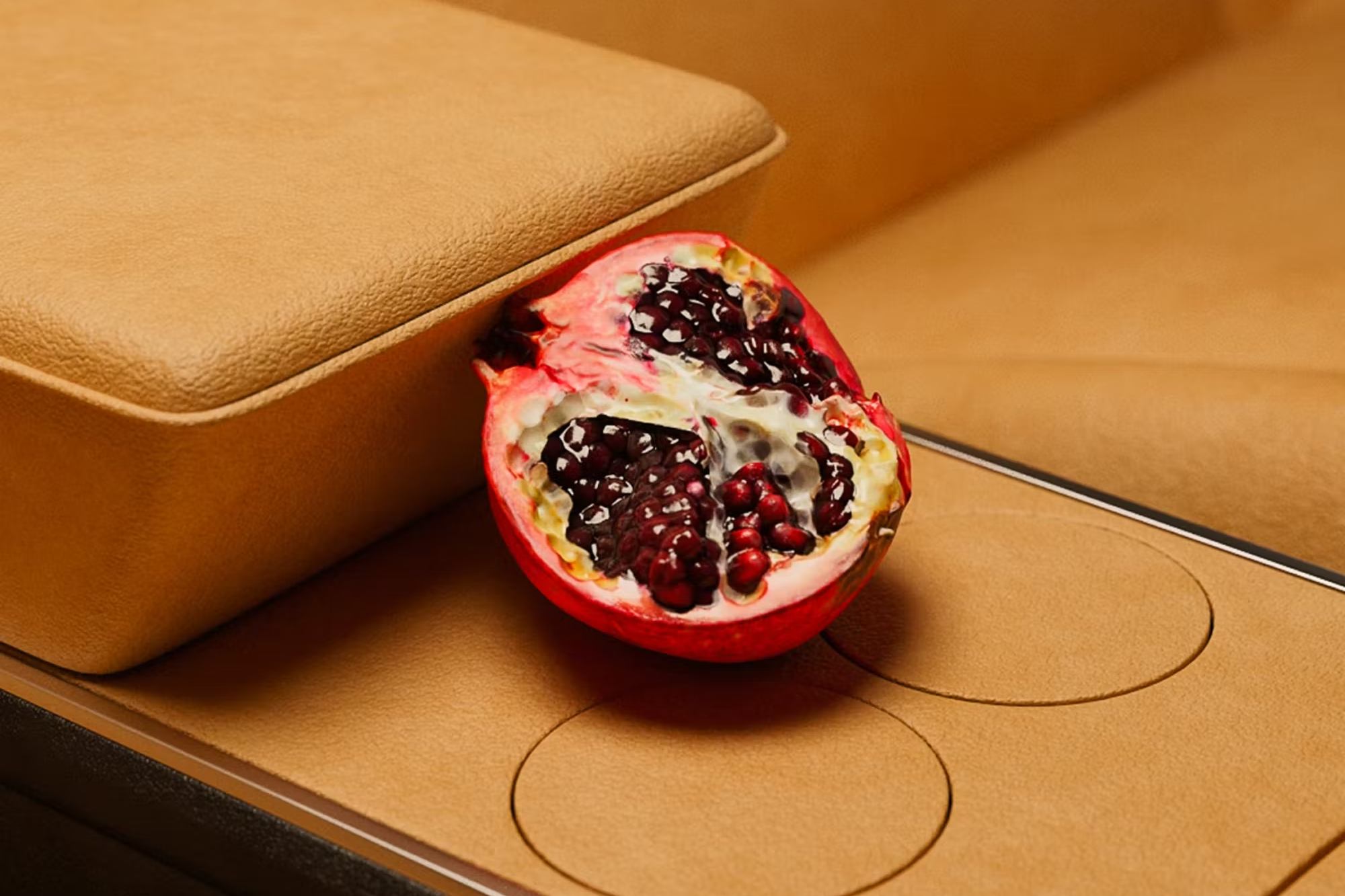

Polybion
Polybion, the company growing premium, next-generation materials designed with nature and manufactured with biology, announced today that its world-first bacterial cellulose facility is scaling up production and the successful closing of a US$4.4 million (€4 million) Series A financing round led by Blue Horizon.
Polybion’s solar-powered, industrial-scale bacterial cellulose manufacturing facility will be able to produce 1.1 million square feet of the company’s proprietary biotextile Celium® per year at full capacity. Polybion plans to use the new funding to expand its carbon-neutral bio-manufacturing facility, boost research and development, and integrate Celium into consumer products.
Axel Gómez-Ortigoza, co-founder and chief executive officer, Polybion, said that scaling up the production of Celium, a sustainable alternative to animal-based textiles and petroleum-derived synthetics, is a huge step forward in Polybion’s mission to bring performance and possibility to 21st-century designers and materials engineers. They’re delighted to partner with Blue Horizon because they share a similar goal for driving sustainability and the circular economy, and having Blue Horizon on board allows them to scale new initiatives and expand their brand and network.
Tanmay Annachhatre, Blue Horizon principal said that they are thrilled to work with Polybion and join Alexis, Axel, and the rest of this amazing team on their path to discover new and entirely sustainable materials. Consumers, companies, and manufacturers are all on the lookout for new, environmentally friendly materials. Few businesses have scaled manufacture of a totally round material as quickly as Polybion.
Axel and Alexis Gómez-Ortigoza, as well as Bárbara González Rolón, launched Polybion in 2015. By upcycling agro-industrial food waste and utilizing living creatures such as bacteria, they developed the tools and technologies to grow high-performance bio-assembled materials. Polybion’s long-term strategy is Leveraging waste as raw material and designing, producing, and finishing products under the same roof are the north stars.
Polybion hopes to develop a series of novel biomaterials, the first of which is Celium®. Celium is an animal-free leather substitute with unique, high-performance features that will ensure it becomes a new gold standard material for fashion, sportswear, and automotive uses. Celium is made from cellulose, the most abundant and versatile material on Earth. To meet current demand from global brand collaborations, Polybion intends to reach its maximum production capacity of Celium® per year by the third quarter of 2023.
Alexis Gómez-Ortigoza, Polybion co-founder and chief financial officer, said that Polybion’s Celium® has struck a chord with forward-thinking, global consumer brands across numerous sectors. They are expanding their ability to engage with some of the world’s most recognizable global consumer brands while decreasing carbon emissions and substituting the animal-derived leather value chain with their enhanced manufacturing capabilities. Their goal is to improve these companies’ ability to build bio-assembled pro
Ambercycle and Highsun Holding Group have signed a strategic cooperation agreement aimed at advancing textile-to-textile (T2T) closed-loop recycling systems.
PAIGE has partnered with the Cotton Lives On programme to launch a recycling campaign, encouraging customers to bring in old…
Toray Industries Inc. from Japan, has partnered with Head Sports GmbH to create the Boom Raw tennis racquet, a product…
Icon Denim LA is expanding its collection made entirely from organic cotton. The brand first introduced its 100% organic cotton…
EURATEX has signed a MoU with Tunisia’s textile trade union, FTTH, to strengthen collaboration in areas like innovation, sustainability, and…
Brightfiber Textiles has opened a new recycling plant in Amsterdam, turning locally collected secondhand clothes into high-quality textile fibres.